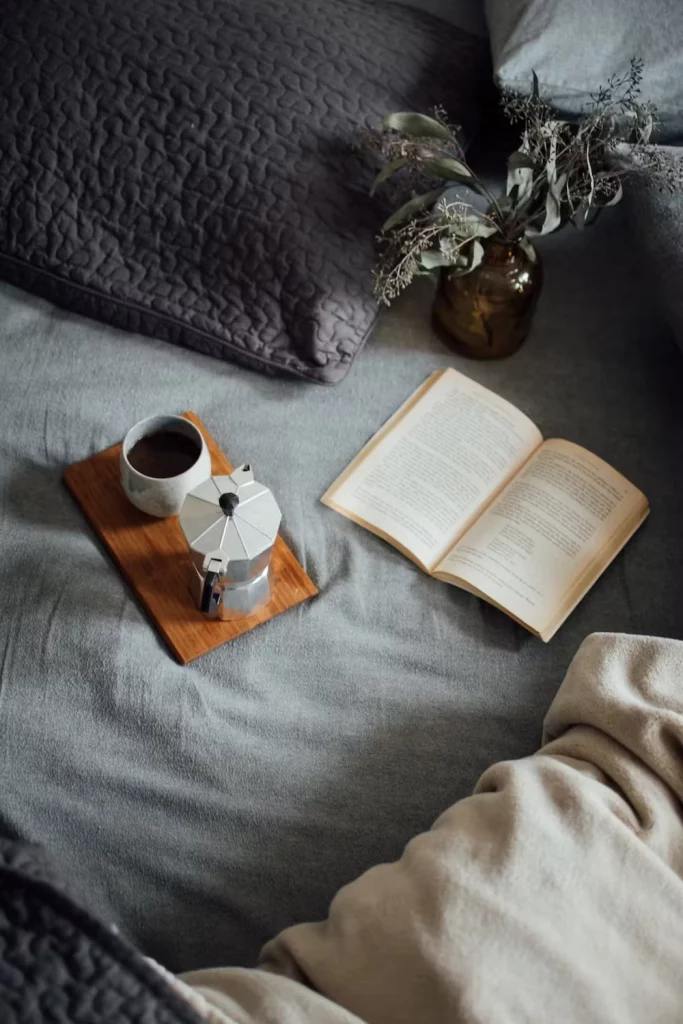Sleep Hygiene Checklist: Tips to Getting Restful Sleep
Instating a sleep hygiene checklist that incorporates both physical and emotional habits that will lead to high quality sleep on a consistent basis.
Sleep is important to everyone in order to maintain good mental and physical health. Sadly, many people have difficulty falling asleep or staying asleep. A good rest will improve productivity and make you feel better in general.
You can develop your own sleep hygiene checklist or routine to improve your sleep habits. It may be that you are already practicing some of these items. If you need to alter your pattern, just change one or two things at a time. It will make the transition easier. You may also need to be patient; it can take several days or weeks for the changes to reflect in your life.
What is Sleep Hygiene?
Sleep hygiene is the good sleep habits can help you get a good night’s sleep.
Sleep Hygiene Tips and Checklist: Daytime
It may seem odd but a good night’s rest is partially dependent on your daily activities.
- Consistency – As much as possible, try to adhere to the same waking and sleeping hours each day.
- Exercise – Walking is recommended for some aerobic activity. Oxygenating the blood stream and working muscles for 20 or 30 minutes at least four times per week is recommended. However, do not do strenuous exercise just prior to going to bed.
- Caffeine – Limit your intake and you should not have any caffeine after 3:00 p.m.
- Naps – Despite what you may have heard, daily power naps are not recommended. Unless you are recouping from jet lag, try to avoid catnaps.
Related: How Much Does A Newborn Sleep?
Bedtime Preparation- How to go to sleep earlier
An orderly process can create a rhythm for your body to understand it is time to go to sleep.

- Set a regular time for your bedtime.
- About an hour before your designated time, create a quiet atmosphere by turning off the television and computer. Avoid email or texts because they will only stimulate your thoughts instead of putting your brain to rest.
- Create a routine like stretching, meditation, or reading.
- Keep your bedroom cool and dark.
- Avoid too much water to keep your sleep as uninterrupted as possible. Alcohol is not recommended. While it may seem relaxing, it will actually prevent the deep sleep you need for restoration.
- Don’t eat – Make sure any large meal is at least two hours of your prescribed bedtime. If you are hungry, a glass of milk will give you some L-tryptophan, which is a natural chemical that will induce sleep.
What helps you sleep? Falling and Staying Asleep
Sometimes it is difficult to actually drift off, or you will wake in the middle of the night and find it hard to return to sleep.
- Close your eyes and relax. Pay attention to your breathing using slow and steady inhales and exhales.
- If you are still awake after 20 to 30 minutes, get out of bed and do something that relaxes you like meditation or reading.
- If you wake in the morning before the prescribed time, continue to lie in bed and relax with your eyes closed until the alarm rings. This will help train your body to a circadian rhythm.
We discuss products we think are useful to people. If you buy something through our links, we may earn a commission. Remember to check with your personal physician to see if a product recommended is right for you.








